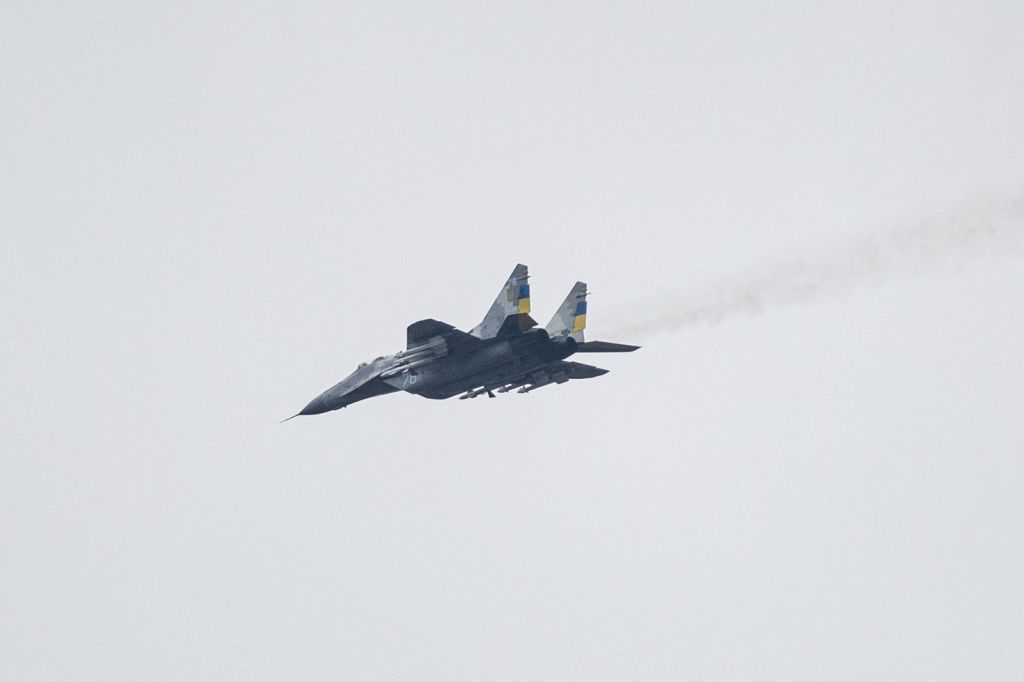Foreign Ministry criticizes Orbán's claim Ukraine is financially 'non-existent' country
Foreign Ministry Spokesperson Oleh Nikolenko has criticized Hungarian Prime Minister Viktor Orbán's comment that Ukraine was a financially "non-existent" country, calling the remark "cynical" given the amount of aid Hungary also receives from the EU.
"We call on Orbán to face the truth: supporting Ukraine is not charity. By supporting Ukraine, Europe is primarily investing in its own security," Nikolenko said on April 14.
During a radio interview on April 14, Orbán referred to Ukraine as a financially "non-existent" country due to its reliance on aid from other countries to support itself during wartime, Magyar Nemzet reported.
"Ukraine is a non-existent country in the financial sense. The question is whether we sustain Ukraine or not. As soon as we say no, the war will end," Orbán said.
According to Magyar Nemzet, Orbán also took the opportunity to once again speak about the so-called discrimination of ethnic Hungarians in Ukraine's Zakarpattia Oblast.
However, local Ukrainian officials rebuked Hungarian Deputy Foreign Minister Levente Maygar's concerns about minority rights in early April during a visit, adding that Hungarian and Romanian communities in Zakarpattia have the full support of the local government.
Hungary has been under fierce criticism from fellow European Union member states for its continued ties to Russia following the full-scale invasion of Ukraine.
It was reported on April 13 that Hungary would cease cooperation with the Russia-owned International Investment Bank following sanctions imposed on the financial institution by the U.S. Treasury.
According to the U.S. Treasury's statement, International Investment Bank's continued presence in Hungary "enables Russia to increase its intelligence presence in Europe, opens the door for the Kremlin’s malign influence activities in Central Europe and the Western Balkans, and could serve as a mechanism for corruption and illicit finance, including sanctions violations."
However, the news about IIB came after Hungarian Foreign Minister Peter Szijjárto visited Moscow on April 11 to sign a new energy agreement ensuring Hungary's continued access to Russian energy sources.











